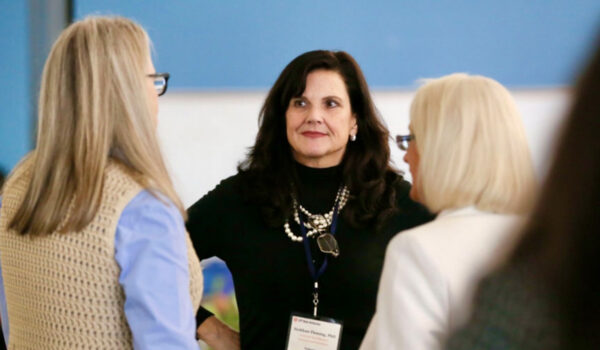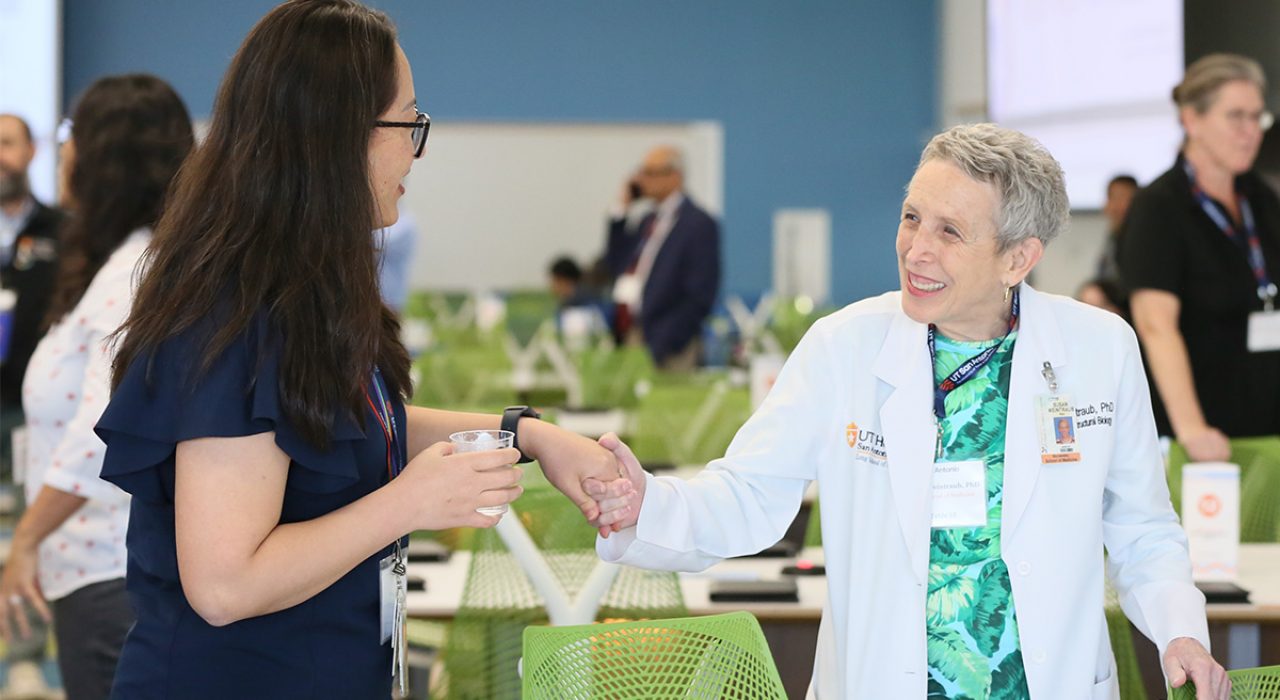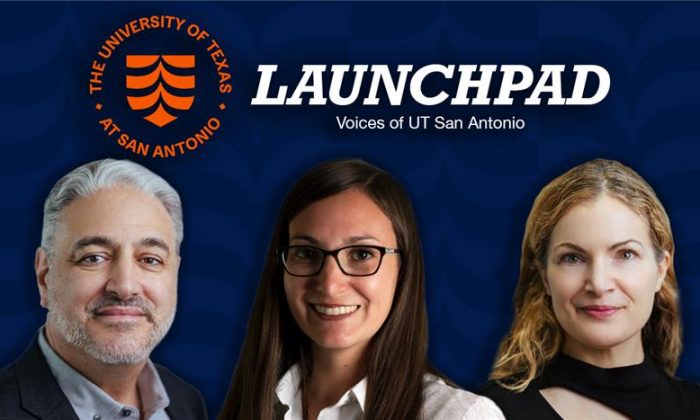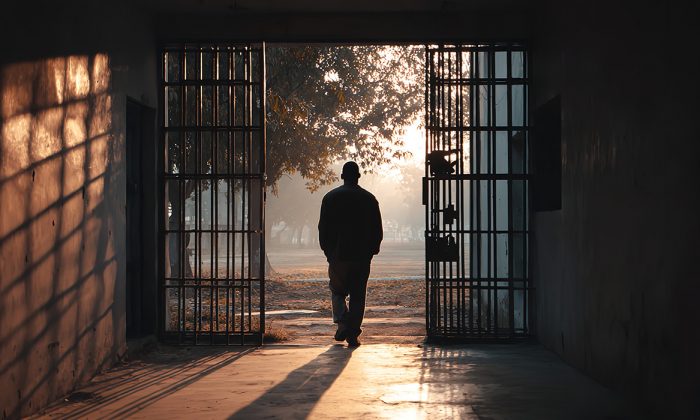The Office for Research and Innovation recently hosted the Health Research Challenge at UT San Antonio, an event to foster collaboration that advances discovery, accelerates translational science and improves health outcomes.
A new internal funding opportunity was announced during the event for UT San Antonio faculty members across all colleges and schools. This initiative is designed to foster a dynamic environment for interdisciplinary collaboration and to help bridge researchers from multiple fields.
“Together, we are building a new community of scholars to engage in transdisciplinary research across our newly integrated university,” said Jennifer Sharpe Potter, PhD, MPH, senior executive vice president for research and innovation. “We aim to leverage the power of our Carnegie R1 university for public impact to improve lives and healthcare, locally and globally.”
Research projects eligible for the program must address a pressing health issue across the translational science continuum and exhibit significant potential impact.
Potter and her team selected health as a unifying focus for the award program in part because of the ample funding available in the field. The program aims to position awardees to ultimately secure external funding to sustain collaborative research.
“Twenty-five percent of the federal [research and development] dollars in the United States go to health research,” Potter said. “This is a significant portion of the federal funding available, and it represents a huge opportunity for our research community.
“Public research also represents 63% of our total federal funding, so we would be remiss if we did not lean into these strengths and opportunities.”

Nearly 200 faculty researchers and staff attended the event, where participants had the opportunity to explore potential areas for transdisciplinary collaboration. Roundtable discussion topics included behavioral science, neuroscience, chronic disease prevention and management, data, AI and engineering for health, and infectious disease and immunology.
“The grand challenges we face today are too complex for one area of research to address alone, so we need to explore how our areas of research intersect,” said Siobhan Fleming, PhD, assistant vice president of strategic research initiatives. “I can’t wait to see what our researchers are inspired to do with this new initiative and to support applicants along their journey.”
Research teams can submit applications for amounts ranging from $10,000 to $100,000 through Dec. 19 at 5:15 p.m. The Office of Strategic Research Initiatives will provide support and answer questions about Health Research Challenge grants. A total of $500,000 is available for the program.



